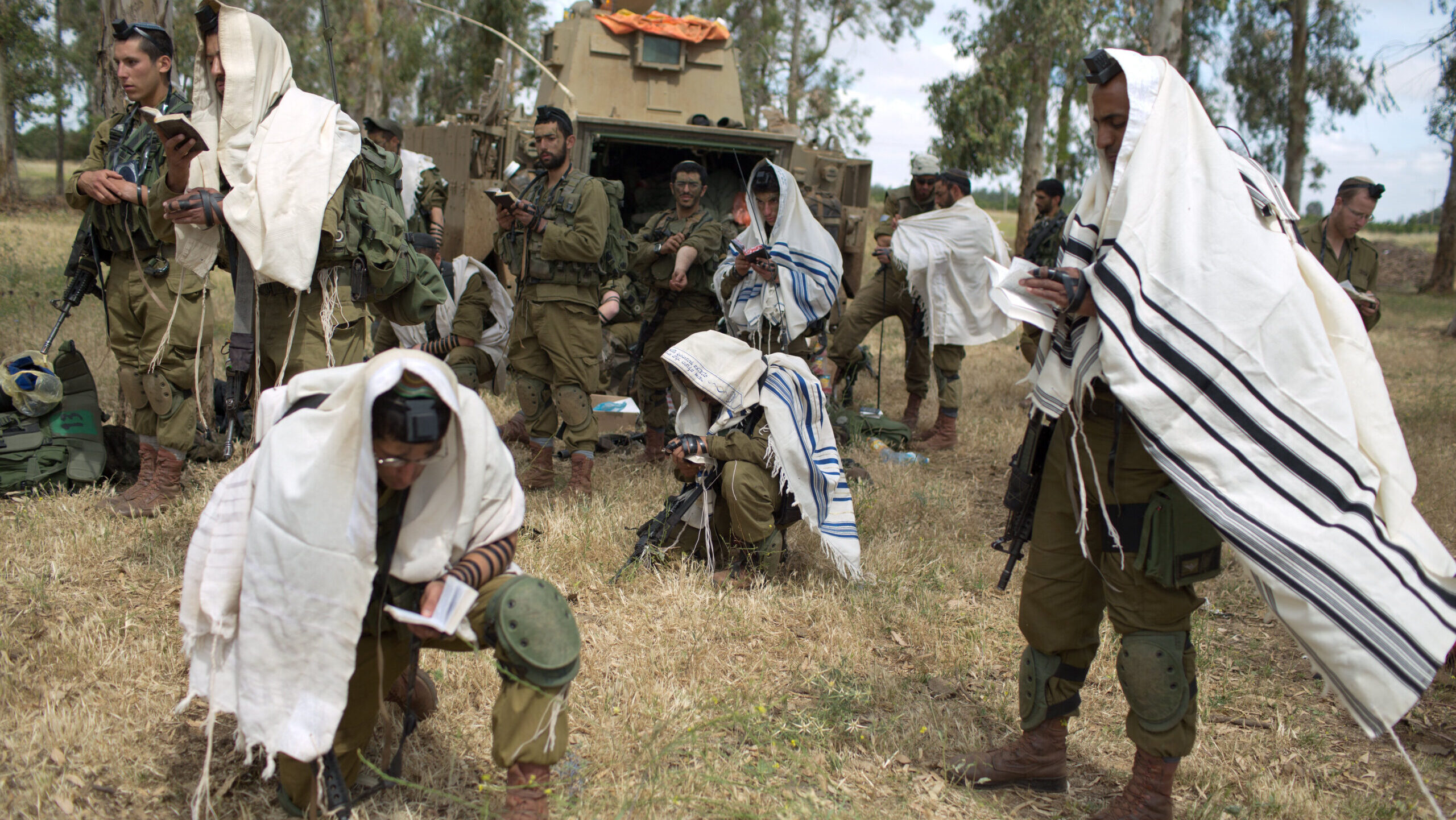The US Does Not Trust Israel To Police Itself as It Mulls Sanctions Against Ultra-Orthodox Army Unit, Expert Says
Antony Blinken is expected to announce sanctions against the IDF's Netzah Yehuda Battalion for potential human rights abuses in the West Bank, setting a precedent that other countries may follow
US Secretary of State Antony Blinken at a press conference last Friday addressed questions about his department’s recommendations to cut military aid to specific Israeli army units accused of human rights violations in the West Bank before October 7. Blinken stated that he “has made determinations” on the issue, promising to disclose these decisions publicly soon.
This statement followed the bipartisan passage of a $95 billion security assistance package for Ukraine, Israel, and Taiwan by the US House of Representatives.
Unnamed US officials told Israeli media that Blinken would sanction the Netzah Yehuda Battalion. This decision stems from the battalion’s history of human rights violations against Palestinians in the West Bank. If confirmed, this would mark the first US sanctions against an Israel Defense Forces unit for activities in the West Bank. The sources indicated that the sanctions would block American military aid, bar soldiers and officers from US Army training, and prevent participation in US-funded activities.
Experts from the US State Department’s Israel Leahy Vetting Forum based their recommendation on the Leahy Laws, landmark legislation that prohibits providing military assistance to entities committing human rights violations with impunity. Previously, this law has blocked numerous foreign police and military units in Cambodia, Colombia, and Mexico from receiving US aid.
The Media Line inquired about the sanctions’ implications with Prof. Yuval Shany, the Hersch Lauterpacht Chair of Public International Law at the Hebrew University of Jerusalem. “The implications of the decision suggest that the US administration believes this IDF unit is involved in serious human rights violations. Apart from the immediate impact on the unit’s ability to receive training and equipment through US foreign assistance, this casts a negative light on the perception of the IDF’s investigative and disciplinary processes.”
This holiday season, give to:
Truth and understanding
The Media Line's intrepid correspondents are in Israel, Gaza, Lebanon, Syria and Pakistan providing first-person reporting.
They all said they cover it.
We see it.
We report with just one agenda: the truth.


The implications of the decision suggest that the US administration believes this IDF unit is involved in serious human rights violations. Apart from the immediate impact on the unit’s ability to receive training and equipment through US foreign assistance, this casts a negative light on the perception of the IDF’s investigative and disciplinary processes.
Professor Yuval explained that sanctioning the Netzah Yehuda Battalion would imply the US doubts Israel’s ability to hold this unit accountable for its actions.

Prof. Yuval Shany, the Hersch Lauterpacht Chair of Public International Law at the Hebrew University of Jerusalem. (Courtesy)
“The Leahy amendment has an explicit exception for effective domestic judicial response, which is not being relied upon in this case. Both of these developments could have wider implications for how foreign nations assess the compatibility of assisting Israel with their own international law obligations, especially regarding the duty to ensure compliance with international humanitarian law. Additionally, it may affect their willingness to trust investigations and prosecutions conducted by the IDF legal [Military Advocate General] corps. This could also influence the complementarity analysis conducted before the International Criminal Court, determining whether the Israeli legal system is willing, can investigate and prosecute international crimes.”
Netzah Yehuda operated in Gaza, Judea, and Samaria in the last few years in particularly challenging areas against a brutal enemy. The battalion has hundreds of successful operations. Right now, Israel is fighting Hamas, so it’s not helpful to be pointing fingers.
The Media Line also interviewed Yehuda Shar, a former soldier of the Netzah Yehuda Battalion. “Netzah Yehuda operated in Gaza, Judea, and Samaria in the last few years in particularly challenging areas against a brutal enemy. The battalion has hundreds of successful operations. Right now, Israel is fighting Hamas, so it’s not helpful to be pointing fingers,” Shar said.
“We can’t be comfortable when a friendly country imposes sanctions against Netzah Yehuda. Then tomorrow, they might want to do the same to other battalions. Israel’s allies need to understand that Netzah Yehuda is bringing large numbers of ultra-Orthodox volunteers to the IDF and that bringing in more religious soldiers to the army has been a central debate in Israeli democracy. Most of these ultra-Orthodox soldiers come to the army at great personal expense, so we expect the Israeli government to help us, and we hoped the US [would], too. America is a strategic ally, but they don’t understand the situation. If there was any misconduct, the IDF is prepared and willing to investigate,” concluded Shar.
America is a strategic ally, but they don’t understand the situation. If there was any misconduct, the IDF is prepared and willing to investigate.
The Media Line reached out to the IDF, which declined to comment. A spokesperson for the Netzah Yehuda Battalion informed The Media Line that the unit had not taken a stance on the sanctions pending an official announcement from the US government.

